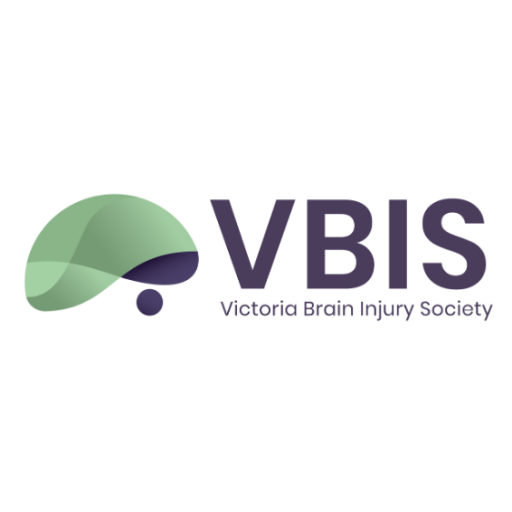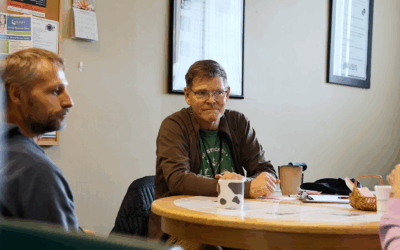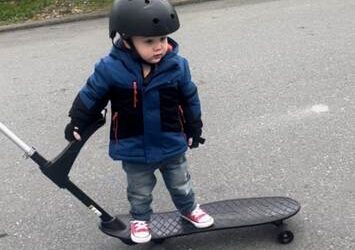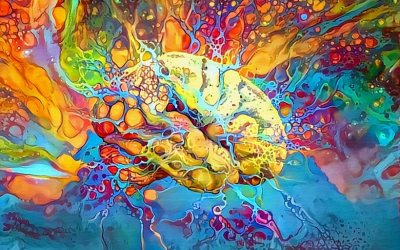By Lisa Hanning
We are such stuff as dreams are made on, and our little life is rounded with a sleep.
William Shakespeare’s Prospero in the Tempest, Act 4, Scene 1.
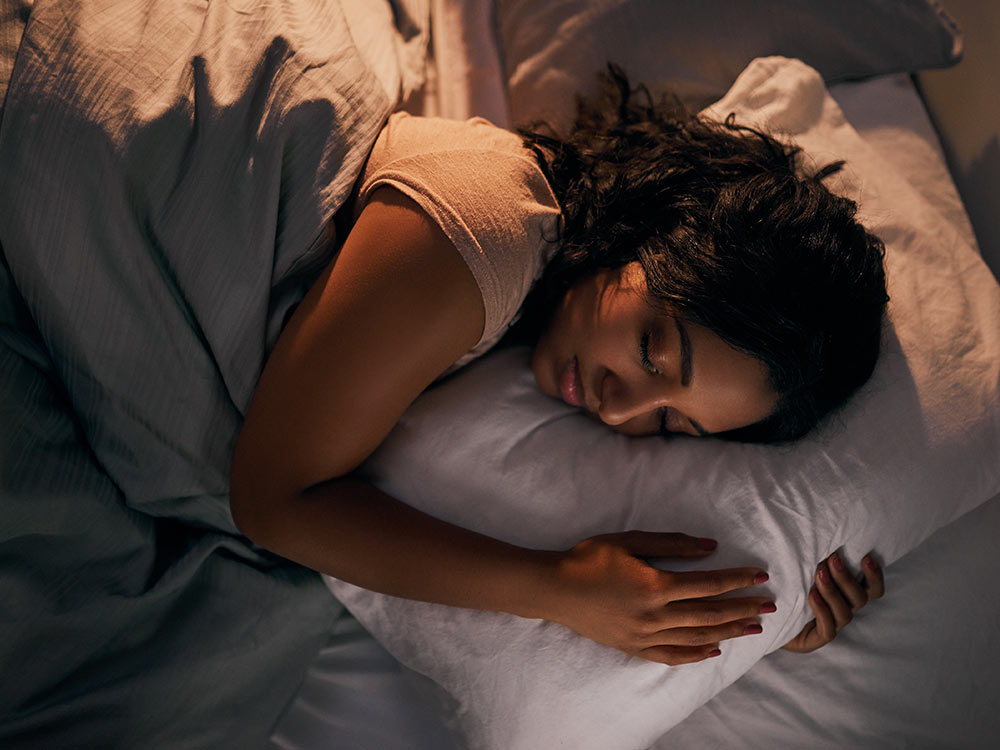
The average human spends 200,000 hours of their life sleeping which is about 8000 days. Well as we all know there is nothing average about a traumatic brain injury and this is true when it comes to so many things that we often take for granted before we or a loved one acquires a brain injury. Things like talking, listening, walking, thinking, feeling, sensing, and sleeping. According to renowned Neurologist, Dr. Mark D’Esposito, who states in his interview with Andrew Huberman, one of the most common symptoms his patients with acquired brain injury and other neurological issues report is sleep disruption As the saying goes, no two brain injuries are alike, and so too, no two sleep disorders caused by a brain injury are alike. However, according to the latest research, 30 – 70 percent of traumatic brain injuries lead to disorders in sleep. Why the huge discrepancy in the statistic? Well, my guess is because this is an under-researched area. There is so much we do not know about sleep, and yet it is essential for our very survival. Sleep is a primary need and yet so often a good sleep is elusive for so many.
There are many ways sleep disorders can show up in someone who is healing from an injured brain. Research is ongoing as to the why and the how and of course, the causes are as varied as the mechanisms of the brain injury. Sleep disorders, because of a traumatic brain injury, include insomnia (sleeping very little) and hypersomnia (sleeping too much)
syndromes, circadian rhythm disorders, and sleep related breathing disorders. For brevity’s sake, this article will focus on circadian rhythm disorders.
In my personal journey, healing from a traumatic brain injury, sleep apnea and circadian rhythm disorder were the main culprits in my challenges with getting a good restorative sleep. Luckily for me, I had an incredible doctor collaborating with me during my recovery and she suggested that I get some tests done to look at the neurotransmitter levels connected to sleep. I had some lab work done (saliva testing throughout the day for several days in a row) and the test results showed that my cortisol (the wake – up neurotransmitter) and my melatonin (the time to sleep neurotransmitter) were flipped upside down. What caused this to occur in my brain remains a mystery yet to solve. Thankfully in my case this resolved after about 2 years, which in world is brain plasticity and healing is not really that long for a moderate traumatic brain injury. I wondered if my regular ritual of watching sunrise and sunset helped at all. Well after doing some research for this post, I have come to discover that it may well have.
Generally speaking the causes related to onset of circadian rhythms issues in an injured brain may include disruption of neuronal networks involved in wakefulness and sleep directly related to acceleration-deceleration injury to axons, as well as a direct injury to structures responsible for regulation of the circadian rhythm.
Our circadian clock mechanisms have far reaching roles in the maintenance of our health and well-being, besides sleep/wake cycles. Some but not all these roles include digestion, menstrual cycles, temperature regulation, and immune function. Research is in its infancy into the mysteries of our circadian clocks.
The Pineal Gland is a super important part of the brain when it comes to our circadian cycles as its main function is to release Melatonin (the natural sleep -aid hormone our brain releases). Numerous studies have shown that Melatonin secretion levels can be delayed, disrupted, and/or significantly lowered in many individuals after a traumatic brain injury event. However, often, we do not have baseline levels for those assessed to know if the disruption may have been present prior to the brain injury. Nonetheless, we have ample anecdotal evidence that describes folks with acquired brain injuries sleeping just fine prior their injuries. So anecdotally speaking it is safe to say that a traumatic brain injury can and does cause issues with getting to sleep and/or staying asleep along with sleep quality.
The Pineal Gland is a little pinecone shaped, pea sized gland that is located deep in the inner recesses of the brain. Renee Descartes, you know, the guy who famously said, “I think therefore I am” back in the 17th century called it the “Seat of the Soul”. This fascinating gland sits deep in the centre of the brain and is well protected by meninges. Its texture is fragile like rice paper, so the protection is a very good thing considering its crucial role in our brain function.
The Pineal Gland receives crucial information from our eyes, more specifically from the retina which is connected by the superchiasmatic pathway of the Hypothalamus.
As complex as our brain’s circadian clock is, it responds well to earthy natural cues such as sunrises and sunsets. Indeed, our pineal gland is extremely sensitive to light, including its angle in the sky and the wavelengths.
According the experts, some tips on keeping your circadian clock running on time include:
- turning off overhead lighting at least two hours before bedtime to support melatonin release and avoid bright lights before bed.
- Looking at the morning light of the sun, as soon as possible after waking to cue your optimal cortisol levels for the day. Even on a cloudy day the light is sufficient to finetune our wake cycle.
- Watching the sunsets and sunrises whenever possible (and not just because it is beautiful)
In the age of technology we have so many more instruments to track sleep and sleep quality, such as actigraphy (which monitors movement while one sleeps, sleep apnea trackers, smart watches and more. However with our multiplying choices and use of sleep tracking apps, we are not much closer to uncovering the mysteries of sleep and sleep disorders. Maybe, improving our sleep is as simple as going outside and looking at our closest star in the sky in the morning and the evening time,
May you, dear reader, “enjoy the honey-heavy dew of slumber.” William Shakespeare
References
https://sleep.biomedcentral.com/articles/10.1186/s41606-018-0020-4#ref-CR76 retrieved September 30, 2024 https://sleep.biomedcentral.com/articles/10.1186/s41606-018-0020-4 retrieved October 1, 2024 https://neurolaunch.com/pineal-region-of-brain/ retrieved October 1, 2024 https://sleep.biomedcentral.com/articles/10.1186/s41606-018-0020-4 retrieved October 1, 2024 https://www.nccih.nih.gov/health/melatonin-what-you-need-to-know retrieved October 2, 2024 https://plato.stanford.edu/entries/pineal-gland/ retrieved October 2, 2024
Green, G. (2008) Insomniac, University of California Press, Berkely California.
Schenk, C.H. (2007) Sleep: The Mysteries, the Problems, and the Solutions. Penguin Group.
Huberman Lab Podcast, Episode 164, “Dr. Mark D’Esposito: How to Optimize Cognitive Function and Brain Health”, first aired on February 19, 2024
